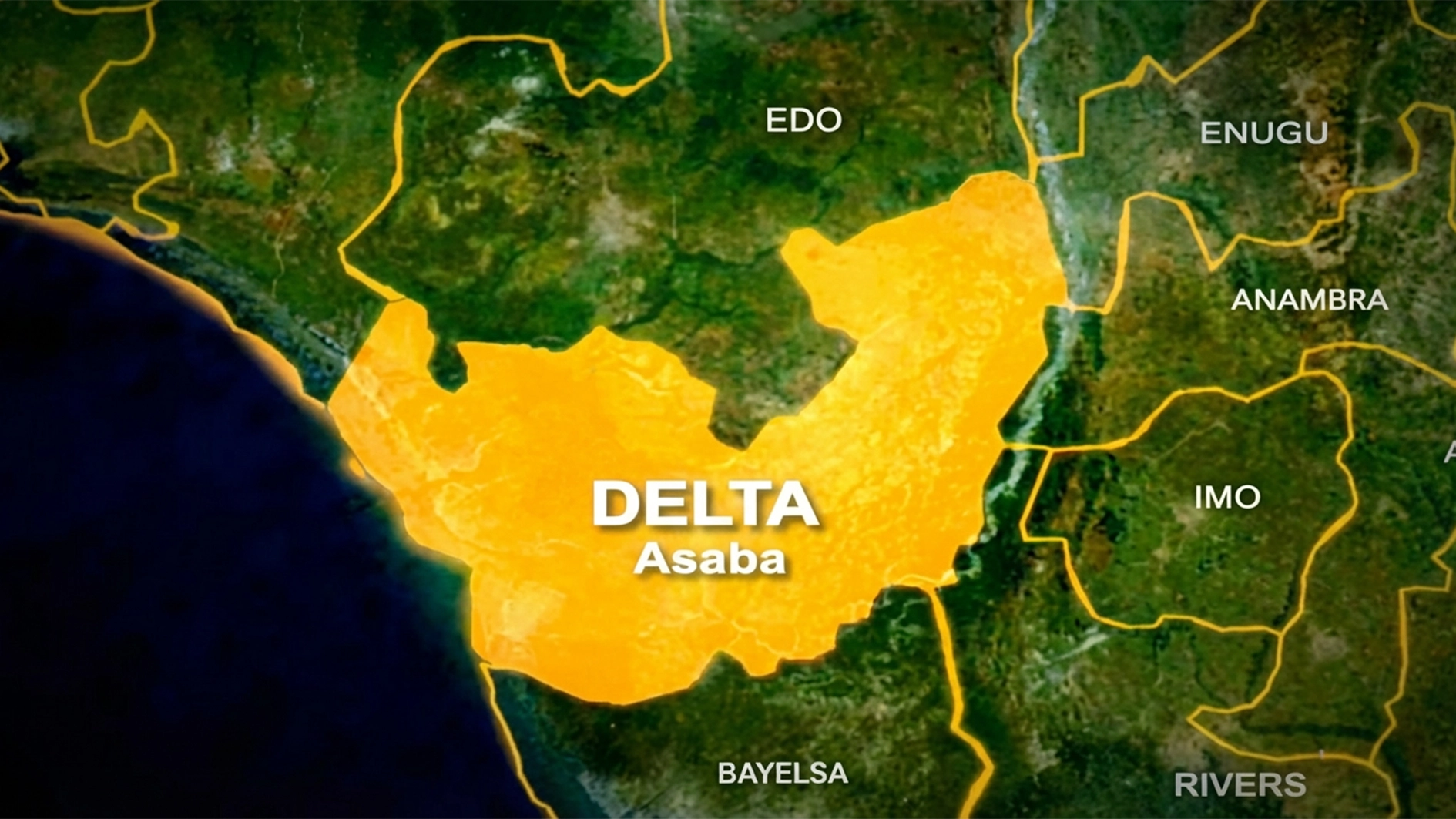Sir: Student learning in Nigeria is affected by a complex web of interrelated challenges, each contributing to the overall inefficiency of our educational sector.
At the heart of the problem lies the sector’s chronic underfunding, which continues to undermine progress at all levels.
Government expenditure on education has consistently fallen short of global standards, resulting in a shortage of learning materials, dilapidated infrastructure, underpaid and undertrained teachers, and a general lack of capacity to deliver quality education.
Overcrowded classrooms are a visible symptom of this neglect. In many urban and especially rural schools, student-to-teacher ratios are unmanageable, making personalised learning and effective instruction nearly impossible. Infrastructure deficits, such as a lack of basic classrooms, electricity, clean water, and sanitation facilities, compound the situation, creating learning environments that are not conducive to academic prosperity.
The quality of teachers is another pressing issue. Many teachers lack the necessary training or professional development opportunities to improve their craft. Low wages and poor working conditions disincentivize excellence in teaching and contribute to high decay rates, particularly in rural and underserved areas.
Moreover, the current curriculum often fails to meet the demands of the 21st-century job market. Students are frequently taught through outdated methods that emphasise memorisation over creativity, critical thinking, and problem-solving. This disconnect leaves graduates ill-prepared for today’s world
Socioeconomic disparities further entrench educational inequality. For many students, especially in low-income communities, education takes a backseat to daily survival.
The inability to afford school fees, uniforms, or textbooks forces some children out of school entirely, while others struggle to concentrate in class due to hunger or illness. These conditions perpetuate a cycle of poverty, as education, the key to upward mobility, remains inaccessible to many.
Compounding these issues is the impact of political instability and corruption. Frequent strikes by education sector workers, often triggered by unpaid salaries or broken agreements, disrupt academic calendars and stall student progress. Mismanagement of funds intended for educational development only deepens existing challenges, while eroding public trust and stalling reform efforts.
In today’s digital age, access to technology is a necessity. Yet, many Nigerian schools lack basic digital tools, let alone internet connectivity. This digital divide means students are not only disconnected from global learning resources but are also being left behind in acquiring essential digital skills. Without meaningful investment in technology infrastructure and digital literacy training, Nigerian students will continue to face barriers to competitiveness in an increasingly digital world.
Language diversity in Nigeria presents another layer of complexity. The language of instruction-often English, is not the first language for many students. This linguistic gap can create confusion, limit comprehension, and hinder full classroom participation. Teachers often have to navigate between standard curricula and the reality of their students’ linguistic backgrounds, and without adequate support, this becomes a daunting task.
Tackling these challenges requires a holistic and sustained commitment to reform. Increasing investment in the education sector is non-negotiable. Resources must be channelled not only toward infrastructure development but also toward teacher training, modern curriculum design, and the provision of teaching and learning materials.
Programmes that support students from marginalised communities, such as scholarships, feeding schemes, and health services, are essential to levelling the playing field.
Equally important is the need for political will to fight corruption and ensure transparent governance in the education sector. Decision-making must prioritise student welfare, while policy implementation must be monitored rigorously. Bridging the digital divide through infrastructure investment and training programmes will empower both students and teachers with the tools needed to thrive in a technology-driven world.
Finally, education must reflect Nigeria’s cultural and linguistic diversity. Culturally responsive teaching and multilingual support systems can foster inclusive classrooms where every learner is equipped and encouraged to succeed.
Improving student learning outcomes in Nigeria is both an urgent and achievable goal. It calls for collective action by government and all stakeholders to create a system that nurtures potential, fuels innovation, and prepares students to build a better future for themselves and the nation.
Basil Michael Ilouno is the chief executive officer of Next Generation Global Associates Limited.






